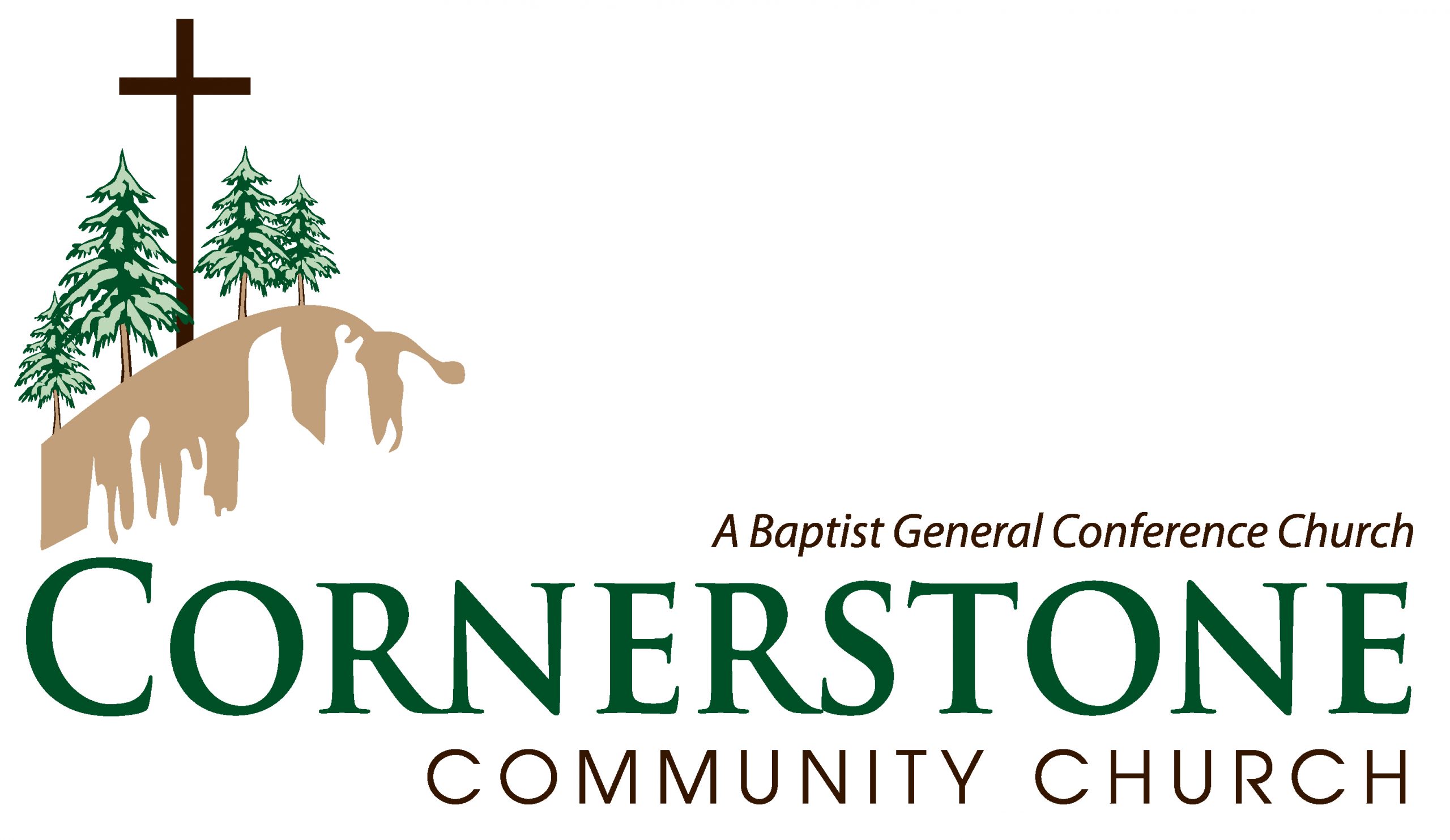Memorial Day Article for the Local Newspaper
This is the column I wrote for the local paper that apparently exceeded space available and got edited in an unfortunate spot (the last four paragraphs were excised):
The American holiday we call Memorial Day, observed since 19 71 as a federal holiday on the last Monday in May, began in the late 1860’s as a recognition of those who had died, giving their lives to the conflict among brothers we have come to know as the American Civil War. The day was originally know as “Decoration Day.” Each year, on Memorial Day, the nation observes a national moment of remembrance at 3:00 PM local time.
71 as a federal holiday on the last Monday in May, began in the late 1860’s as a recognition of those who had died, giving their lives to the conflict among brothers we have come to know as the American Civil War. The day was originally know as “Decoration Day.” Each year, on Memorial Day, the nation observes a national moment of remembrance at 3:00 PM local time.
No one is sure exactly where this tradition of remembering the war dead originated in this country, but in 1966 the federal government declared Waterloo, New York, the official birthplace of Memorial Day. “Waterloo—which first celebrated the day on May 5, 1866—was chosen because it hosted an annual, community-wide event, during which businesses closed and residents decorated the graves of soldiers with flowers and flags.”
Decoration Day initially honored those who had fallen in the Civil War, but, soon after the end of World War I, observances began to include all those who had died in any war. We remember those who have died because we loved them, or because their deaths advanced a social agenda dear to us, or because we choose to bear in mind the sometimes irreversible consequences of our choices in order that we might make better choices in the future. Or, sometimes, we just welcome a picnic, a parade, and a three day weekend.
Regardless of the reason, there seems to be something noble and worthwhile and cathartic in robbing death of its meaninglessness and emptiness by remembering those who died and the causes for which they sacrificed their lives. Remembering the dead allows us to celebrate life and frame death in a context of meaning and relevance. So the apostle Paul writes to the Christians at Corinth and exclaims, “I decided to know nothing among you except Jesus Christ and him crucified” (1 Corinthians 2:2, ESV).
As Paul taught God’s truth to the people, he taught them of Jesus, the one who died. No matter what anyone else may try to tell you, Jesus Christ is God come in the flesh. He was not merely a better man than the rest of us trying to win his way into godhood. He was not merely the highest creation of God, beloved but beneath God in every essential way. Jesus Christ, by his own admission, was God, equal with God, but come to dwell among humanity in human flesh, a claim God supported and affirmed when He raised Jesus from the dead.
Jesus did a lot of amazing things. He said a lot of radical and amazing things. The apostle John, who lived and walked with Jesus for the three years of his earthly ministry prior to his crucifixion testified in his inspired biography of Jesus that, “There are also many other things that Jesus did. Were every one of them to be written, I suppose that the world itself could not contain the books that would be written” (John 21:25, ESV). But as wonderful and incredible as Jesus’ personal history is, things worthy of remembrance, what he did not do is also worthy of note.
Of all that Jesus did, Jesus never compromised his unique identity in order to gain followers. Churches and people today love to downplay Christ’s claims to deity and exclusivity in order to gain members. They’ll talk about justice, or the kingdom, or gun control, or women’s rights, or poverty, or good works, or traditions, or any number of lesser things but to them Jesus is a byword best left in the shadows. They have little defense for one claiming to be God who says, “I am the way, the truth, and the life. No one comes to the Father but by me.” Yet, Jesus refused to back down from who he was. From a purely human standpoint, his conviction regarding himself is what got him crucified by the religious elitists of his day.
Another thing Jesus never did: Jesus never consigned the status quo to anyone who came to him in faith for help. If they came for healing, he healed them. If he came for forgiveness, he forgave them. If they came hungry, he fed them. They came with faith in him, they left confident in his love for them. A woman caught in adultery was brought to Jesus. He forgave her her sins and sent her away forgiven and instructed to “go and sin no more.” Many proclaim today that we can come to Jesus and remain the same inside and out but that was never Jesus’ way. He always met people where they were and took them on in heart, mind, spirit, and body to where God wanted them to be.
A final thought on this Memorial Day, as we remember those who gave their lives for the benefit of others: Jesus, of all that he did, never refused the cross or the mission for which he came: to die for our sins on our behalf. Jesus Christ, the perfect, sinless Son of God, God come in human flesh, innocent and blameless, took upon himself in his body the punishment human sin against God deserves, death, and he did it for all of us who put our faith in him. Of all that he did, Jesus never shied away from this greatest act of love; he laid down his life for his friends.
That’s a death worth remembering: Christ and him crucified!


Monica Klanderud
June 24, 2018 10:55 pmPastor Dale, thank you for the reminder of Jesus’ ultimate sacrifice for us, the only sacrifice that makes an eternal difference.